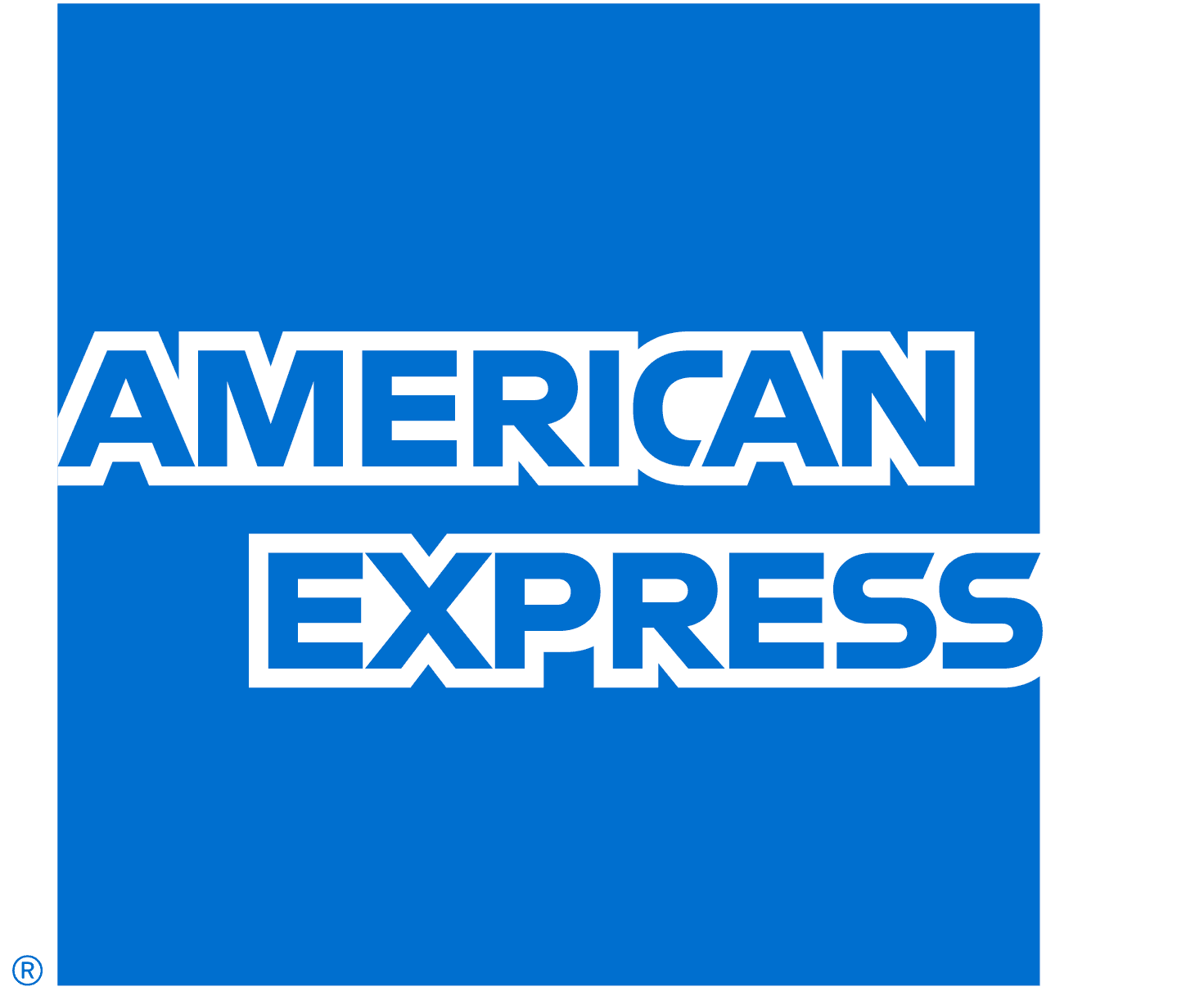6 strategies to make budgeting easier for your business

Budgeting might not spark joy in most business owners but it's essential for long-term success. Thankfully, there are ways to make it easier.
 Sponsored by the American Express Qantas Business Rewards Card. Receive 170,000 bonus Qantas Points when you apply by 16 June 2026 and spend $6,000 on eligible purchases within the first 3 months. Available only to new American Express Card Members. T&Cs apply.
Sponsored by the American Express Qantas Business Rewards Card. Receive 170,000 bonus Qantas Points when you apply by 16 June 2026 and spend $6,000 on eligible purchases within the first 3 months. Available only to new American Express Card Members. T&Cs apply.
Whether you're in your first year of business or your 50th, you've probably created a budget or two in your time. They keep us on track, help us spot opportunities and reveal potential risks too.
As a business owner, you'll know budgeting is all about 5 basic steps. Calculate revenue, subtract costs, identify variable expenses, create an emergency fund, then bring it all together with a profit and loss statement. But, as most business owners will also attest, it's rarely that simple.
From unexpected expenses to delayed payments, there are plenty of things that can throw your budget out of whack. Thankfully, there are also ways to make budgeting easier for your business, so you can get on with doing the things you actually enjoy, while still benefiting from beautifully organised finances.
Use accounting software to its full capability
Many Australian businesses are already automating the payments process from their business customers but there are other opportunities where automation and accounting software can assist small businesses in budgeting and finance management.
For example, accounting platform MYOB integration is an embedded feature of American Express Business Cards, meaning customers can set up an automatic data feed of transactions, to see payments and cash flow in real time.
The platform can also automate banking, generate tax reports and integrate payroll metrics. Businesses can also securely invite people to view the books, allowing for easier collaboration with bookkeepers and accountants.
All of this allows for a streamlined view of your finances, to make budgeting much easier.

Consider a Business Credit or Charge Card
Cards - both business and credit - can bring major budgeting benefits to Australian businesses. When used responsibly, they can help with managing cash flow by providing a time delay in paying costs or expenses.
"If you put business expenses on a Card and pay the balance in full before it is due, you can get a month or more delay in paying those costs," said financial educator Amanda Fisher. "This can assist with budgeting by pushing back those costs."
For example, the American Express® Qantas Business Rewards Card gives customers up to 51 days to pay for purchases as well as no pre-set spending limit. Instead, purchases are approved on a variety of factors, such as current spending patterns and payment history.
What does this mean in real terms? Well, it gives business owners some breathing space between buying items or services and then actually paying for them. You can stock up before selling products, fulfil orders before receiving payments, and you could even invest in new equipment to grow your business. Even better, no interest will be charged during those 51 days.

Prepare for the quiet times
Most businesses will experience seasonal lulls and Fisher, also a qualified chartered accountant, says it's crucial to factor those quiet periods into your forecasting.
"When you've worked out your total costs for the year, divide that by the number of months or weeks you're expecting steady income," she told Finder.
"That way, you will have covered your costs for the quiet months already, so you're not so pressured to have consistent sales throughout the year."

Be proactive about taxes
When creating a budget, you should factor taxes into your costs. But Amanda Palmer, founder and CEO of Brisbane accountancy ASAP Solutions, says efficient tax planning goes beyond producing a business activity statement and paying a bill at the end of the year.
"Tax planning is important as it is a proactive approach to your tax obligations," she told Finder. It can set the financial foundations needed to reach your business goals.
Palmer also said tax strategies can be tailored to individual business goals, to help businesses take advantage of available incentives and to ensure they never pay more tax than legally required.
"Tax planning is not tax avoidance," she stressed. "Let's be very clear about that."

Get (some) employees involved
If you're used to creating a budget all by yourself, but there are people in your organisation with a better knowledge of certain expenses, consider bringing them into the conversation.
For example, while you're dealing with the day-to-day running of your business, employees with more specific roles may have a more detailed understanding of imminent expenses or potential savings. They probably see first-hand where things are being wasted or know which piece of equipment is on its last legs.
Plus, bringing key members of your team into important organisational discussions also gives them greater agency and involvement within the business, which can be motivating, while also providing in-house development opportunities. It's a win-win.

Make it a core part of your business
While you can take all of these steps to create a better budget, Fisher says businesses must make sure they don't just set it and forget it. Especially in today's unpredictable economic climate.
"The key to getting the most out of a budget is in comparing actual results to budget at the end of each month. This keeps the focus on the budget, both the revenue goals and the costs," Fisher told Finder.
Instead of creating a budget which is just left to collect dust, Fisher urged small business owners to revisit their budget on a regular basis and update it when required. For example, many small businesses will have felt the pain of falling drastically over budget due to lockdowns - but the last thing you should do is sweep the budget under the rug and forget about it.
"Whilst it's not ideal to be changing your budget every month, if business conditions change, if there's a change in direction, an unexpected situation arises, then it's okay to review the budget and alter it up or down as necessary," she said.

Get help managing your cash flow with American Express Business Cards
Compare other products
We currently don't have that product, but here are others to consider:
How we picked these
